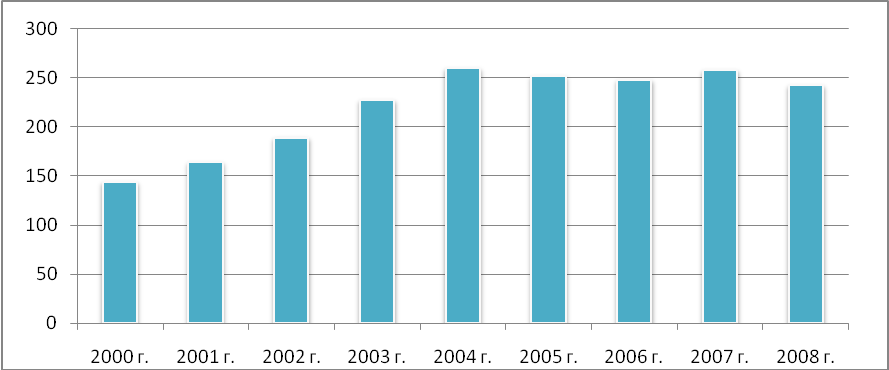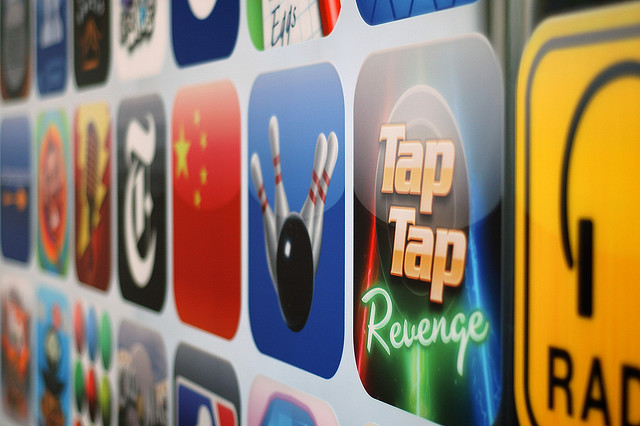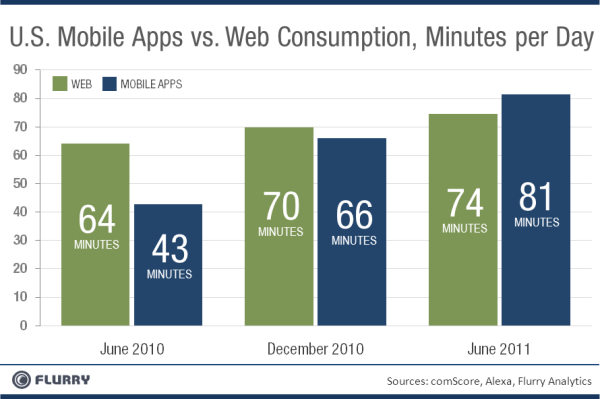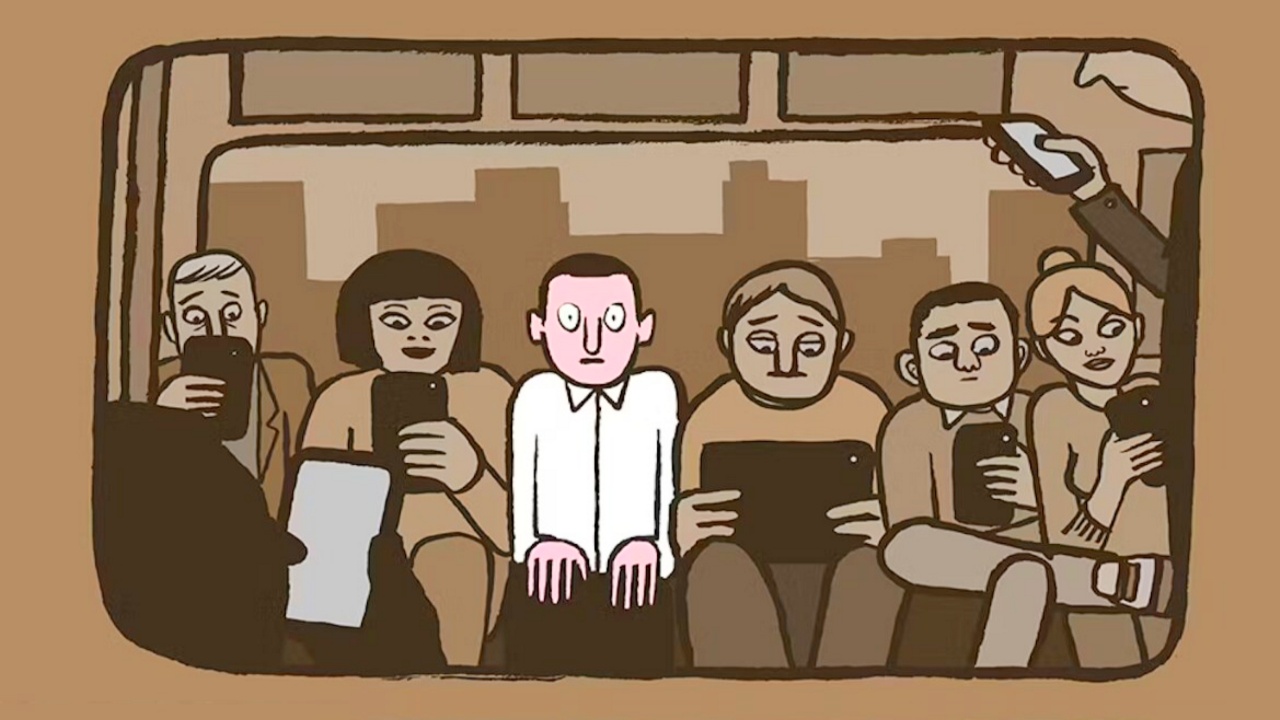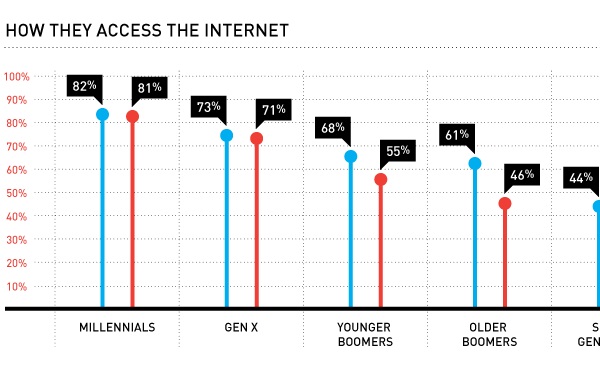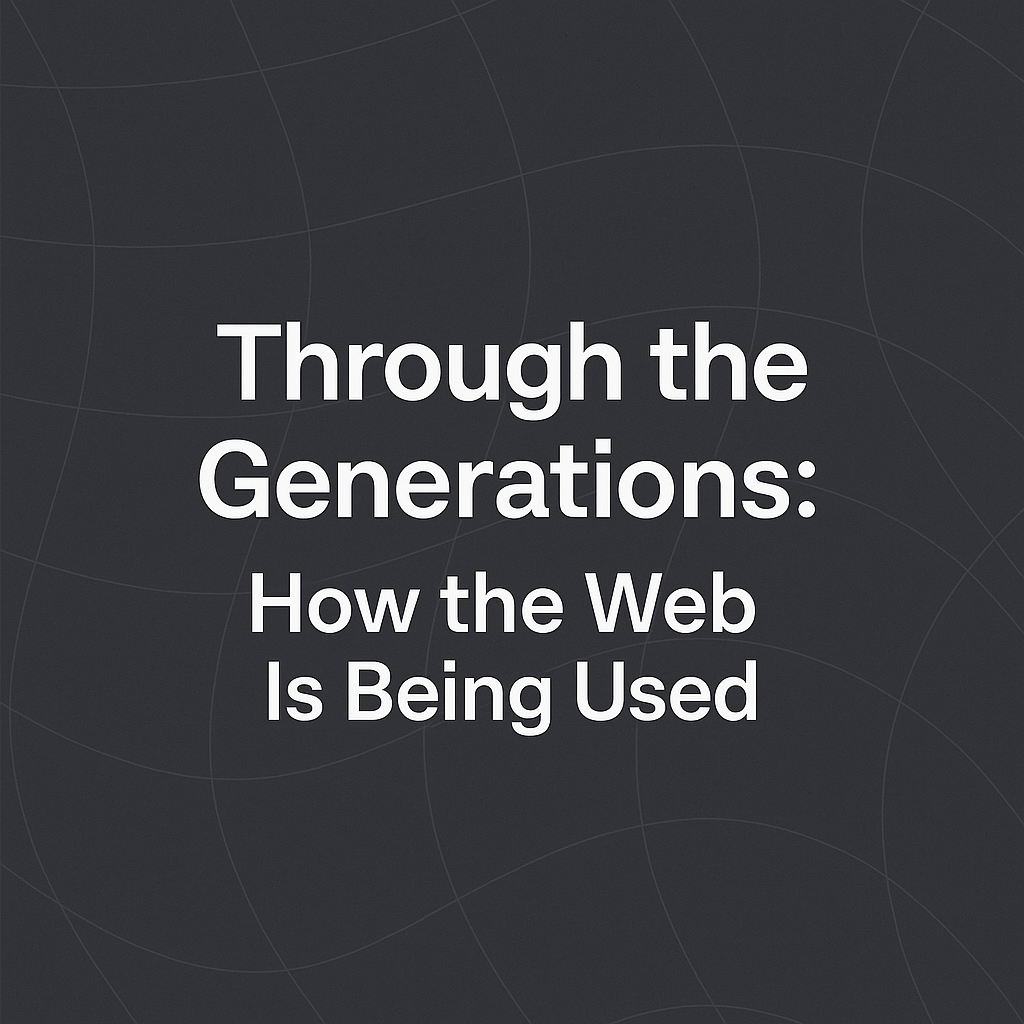Why Windows web browsing market share drop means very little to Microsoft
If you torture numbers long enough, you can make them say anything. In this case, it’s Chitika, Techcrunch, and others who are raising alarms about something that’s relatively meaningless, particularly to Microsoft.
The title of the Chitika post is “Demise of the PC? Windows Web Browsing Market Share Declines by 10% in Six Months”. Their data is solid and appears to be completely accurate. The conclusion, resounding what has been spoken many times by many experts, is that the PC is dying a slow death..
No. It’s not.
The rise of mobile devices and the popularity of Apple products has clearly opened up the web browsing market to include a much more diverse range of entries. It is very likely that the first internet device for children is a mobile device; they have no need in their early years for a large hard drive and keyboard and the technology behind mobile devices is accelerating at a breakneck pace. For many, smartphones, iPads and Kindle Fires are replacing the PC as the primary doorway to the internet.
With that said, the need for robust systems is still strong. If anything, the need is growing for PCs and Macs to populate offices and homes around the world as the digital age brings more of what we do for business and pleasure to the computer. This fact is missing from the reports. The only thing focused on is market share which is relatively meaningless when growth is occurring at every level.
It’s natural for the market share of Windows web browsers to decline because society is accessing the internet from multiple devices on a daily basis for many. It’s not uncommon for one person to check their smartphone in the morning and throughout the day, hit their iPad as they walk through the office or after dinner, and work from their computer during the day and at night. The web browsing market share for that person is roughly 33% for each of the 2 or 3 different browsers they used that day.
This doesn’t reflect the demise of the PC. It represents a shift in the way and amount that we access the internet. People are much more connected today than they were even a couple of years ago. Many are online during every waking hour to some extent, even if only with their smartphone monitoring their email, social networks, and other internet interests constantly.
The PC is fine. Windows is fine. The 10% drop in market share does not mean that Windows use is slowing. It means that we’re accessing the internet from more than one place. It means that technology is advancing and connectivity is a relatively-constant activity. Microsoft has plenty to worry about with recent failures, a handful of wins, and a robust series of launches upcoming. Web browsing market share is not a concern.

